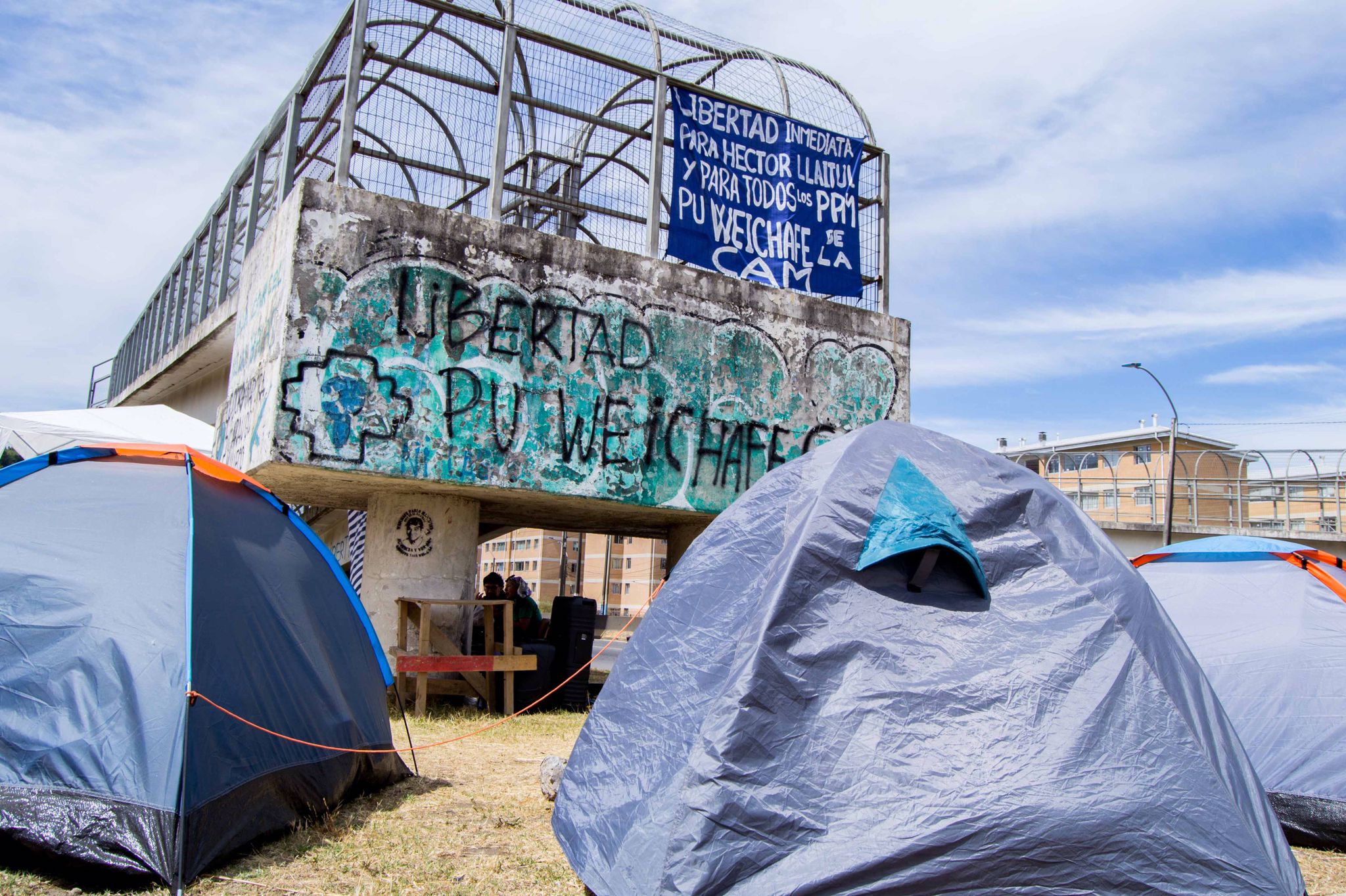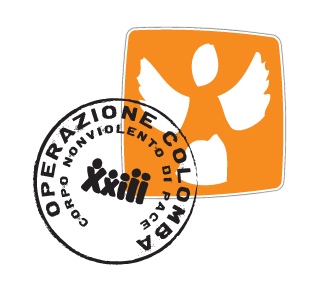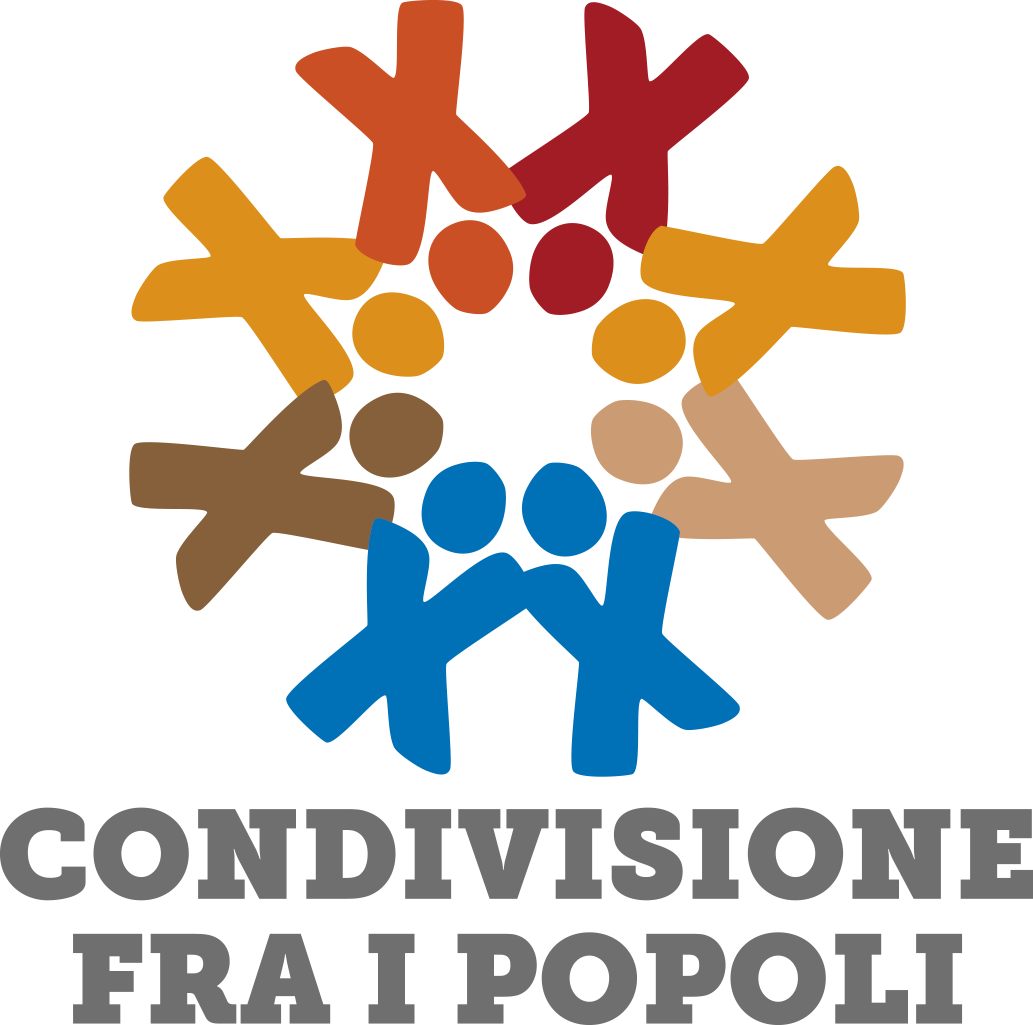
The road from Temuco to Concepción is a tarmac river that runs along pine and eucalyptus woods.
A stretch of Pan- American Highway that twists and turns among plantations of trees for the wood and cellulose production, mostly monocultures managed by big forestry companies.
The continuous and monotonous succession of trees is very often abruptly interrupted by a few hectares of barren land, a completely bare brown desert.
In the background, you can see stacks of logs ready to be transported.
It seems to observe a battlefield: the ground looks turned over by furrows and jagged holes and all around carcasses of branches lie on the ground lifeless.
Closing your eyes you can imagine the machinery making noise, the workers screaming and the wood falling down, shaking the ground from the foundations.
So much noise and then nothing more: miles of land deprived of life that used to cover it and a grim silence of death.
A few meters away, another field appears where new bashful trees have just been planted.
They will have time to grow a few meters before they will be sacrificed too, defenceless victims of a never-ending war.
This is the legacy of the forestry industry on the morphology of the territory: a legacy made up of extractivism, silence and rubble.



 OPERAZIONE COLOMBA
OPERAZIONE COLOMBA
